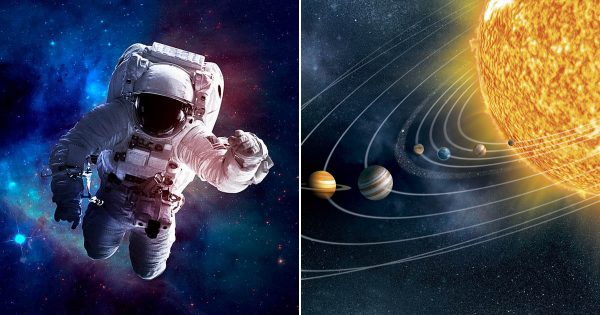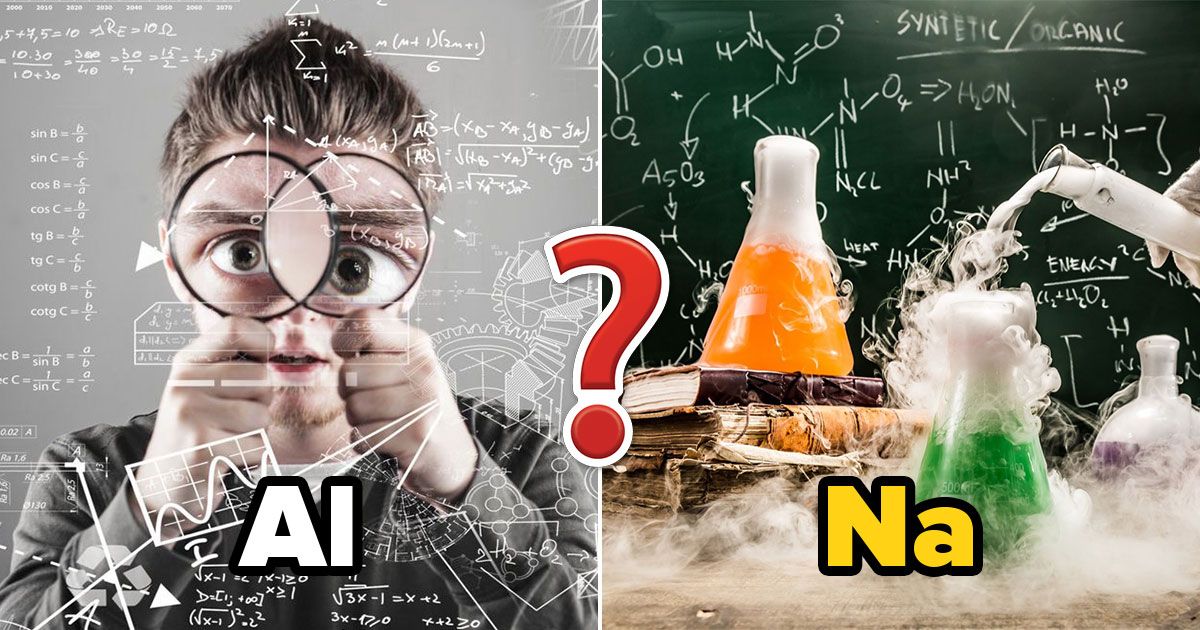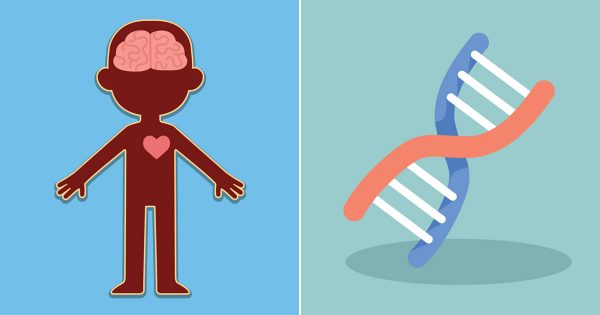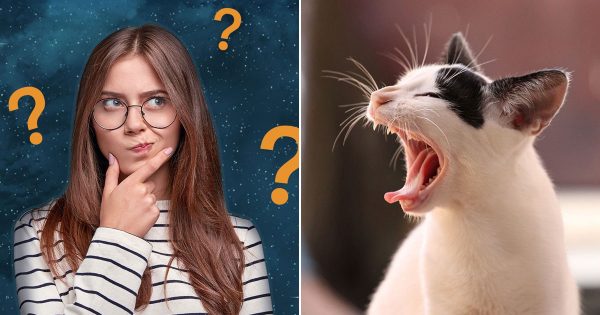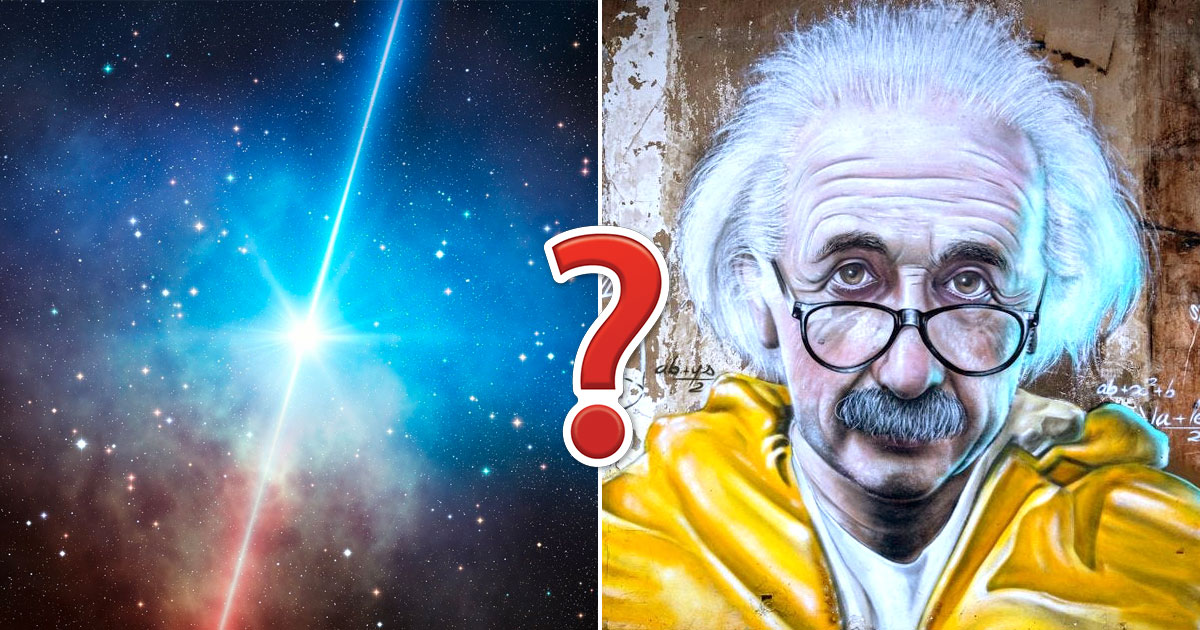
Are you ready to put your genius-level intelligence to the test? If you find this science quiz too easy, then congratulations! You might just be the next Albert Einstein or Marie Curie in the making. But hey, no pressure.
We know you've spent countless hours watching those mesmerizing National Geographic documentaries and devouring all those science books you found at the back of your grandpa's dusty library. So, it's time to put all that knowledge to good use and see if you truly have what it takes to be a science whiz.
But hold your horses, folks! We're not talking about your run-of-the-mill "What's the atomic number of hydrogen?" kind of questions. No, no, no. We're diving deep into the fascinating world of science, where you'll need to wrack your brain to answer mind-bending questions like the name of that mind-blowing phenomenon where light waves change direction and bend as they pass through an opening or around an obstacle. Yeah, we know, it's like science playing a game of hide-and-seek with you.
So, grab your lab coat, put on your thinking cap, and get ready to have your intellect challenged like never before. Trust us, this quiz is so easy, you might just need a PhD in astrophysics to ace it. Or maybe not. Let's find out!
Enjoy Quizly? Upgrade to Premium for an ad-free experience and exclusive features.
Get PremiumScience Quiz! You're Genius-Level Intelligent If You Find This Easy Questions
It's time to unleash your intellectual brilliance! What is the lightest metal on the periodic table?

Aluminum
Magnesium
Lithium
Iron
Which planet has the smallest diameter?

Saturn
Neptune
Asgard
Mercury
The liver produces:

Saliva
Blood
Vomit
Bile
Nearly all amphibians undergo a significant change from infancy to adulthood. What is the name of this change?

Mitosis
Metamorphosis
Puberty
Osmosis
What kind of radiation are humans exposed to in the course of life?

Ultraviolet
Gamma
All of these
Infrared
True or false: Gravity is a force that exists between all objects with mass.
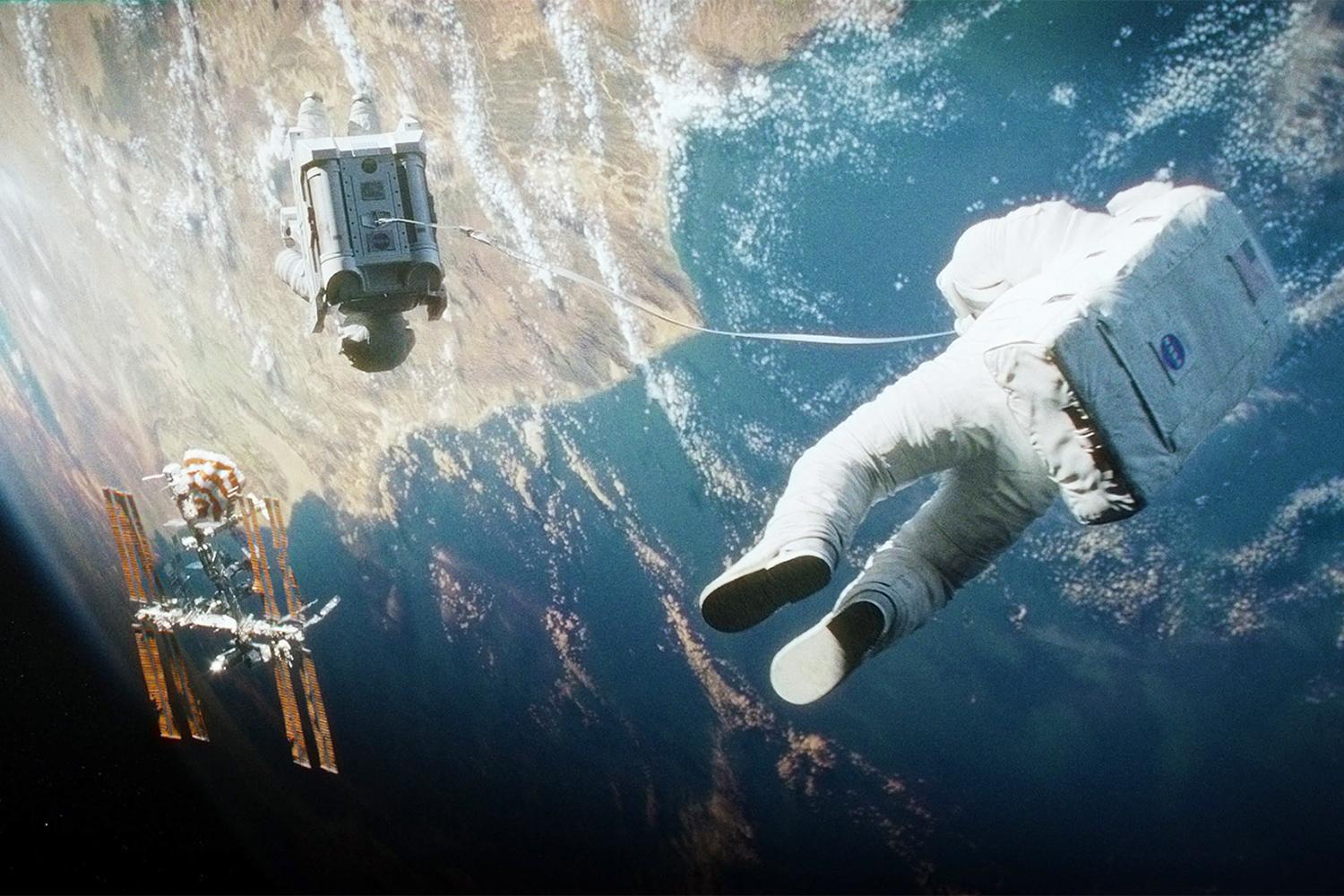
True
False
Which scientist proposed the theory of general relativity?

Charles Darwin
Marie Curie
Galileo Galilei
Albert Einstein
What is the geological period of the first dinosaurs?

Cretaceous
Jurassic
Triassic
If a doctor plans to specialize in pulmonology, what will he or she treat?

The lungs
The bones
The brain and nerves
The heart
What does AIDS stand for?
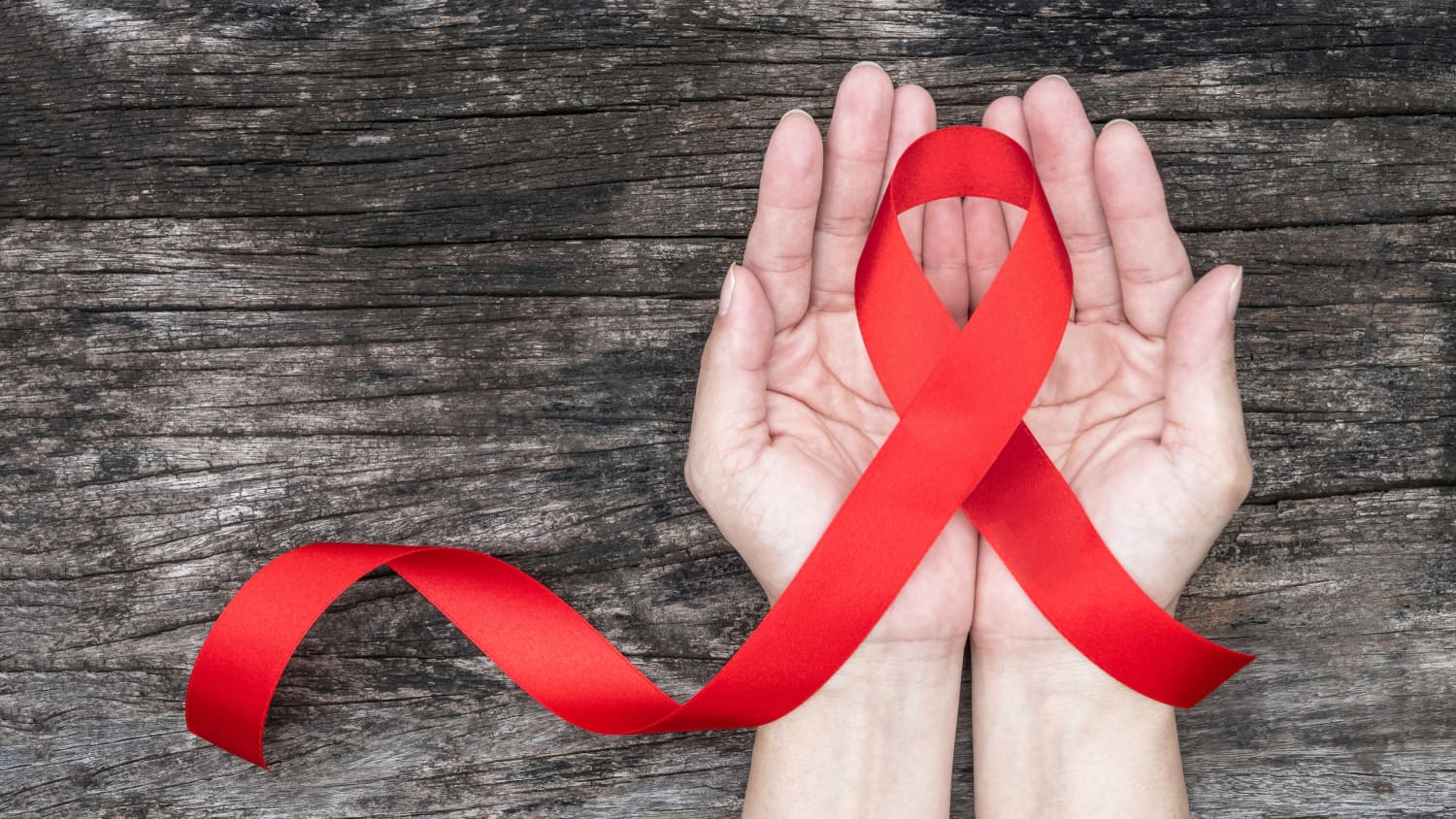
Auto Immune Disorder Syndrome
Antiviral Immune Disorder System
Acquired Immune Deficiency Syndrome
Give yourself a pat on the back, you've reached the halfway point! What is the name of the phenomenon where light waves change direction and bend as they pass through an opening or around an obstacle?

Refraction
Dispersion
Diffraction
Reflection
One of these astronomical bodies has a "corona." Which is it?

Mars
The sun
The earth
The moon
Which branch of science explains time travel?
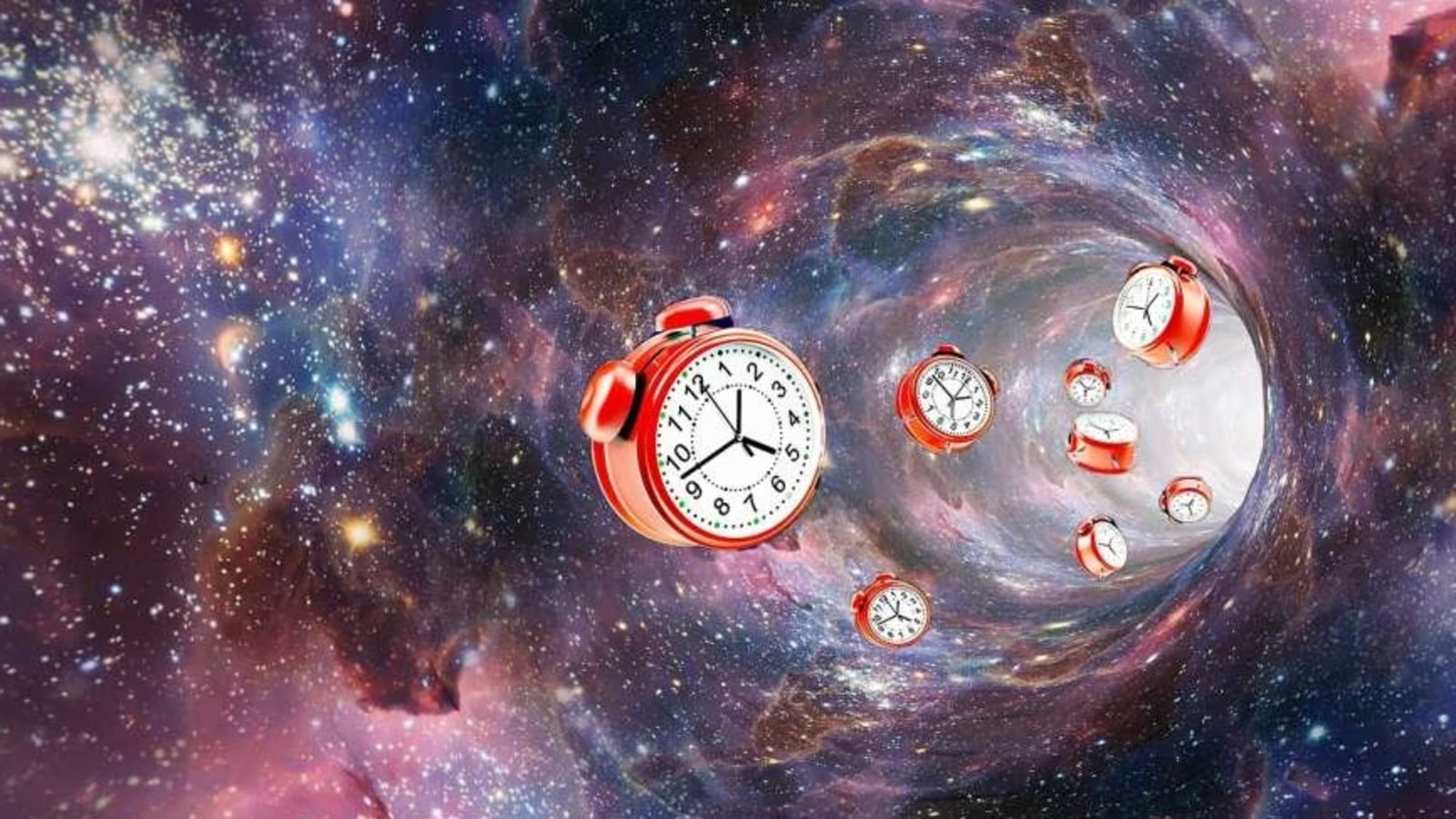
None of these
Quantum mechanics
Kinematics
Astronomy
True or false: Your 'radius' bone is in your leg.

False
True
What are blood cells shaped like?
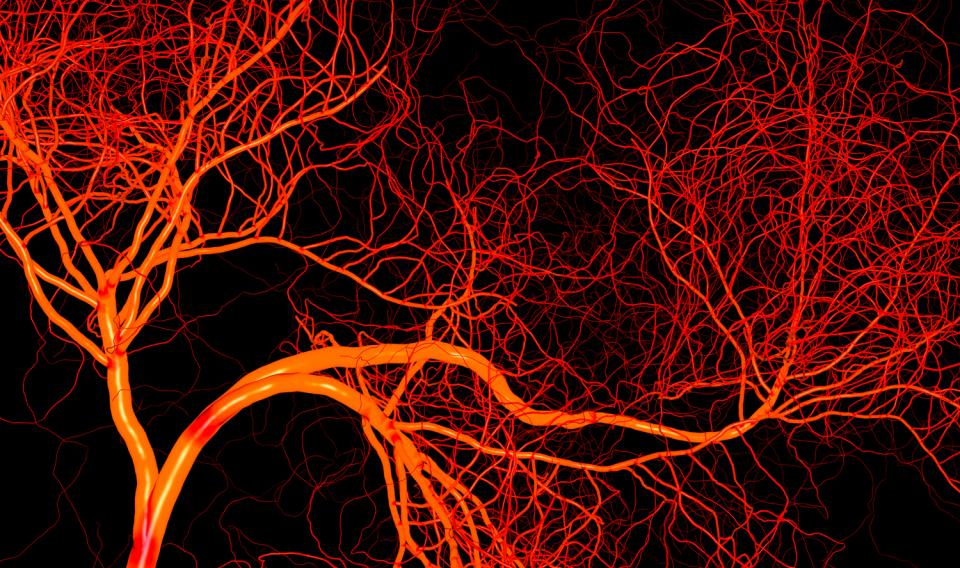
Tubes
Doughnuts
Spheres
Eggs
What is the name of the process by which a solid changes directly into a gas without passing through the liquid state?

Melting
Evaporation
Sublimation
Condensation
What is the chemical compound found in the outer skeleton of insects, lobsters and crabs called?

Melanin
Collagen
Keratin
Chitin
The end is near! True or false: The bigger the brain, the more intelligent the person is.
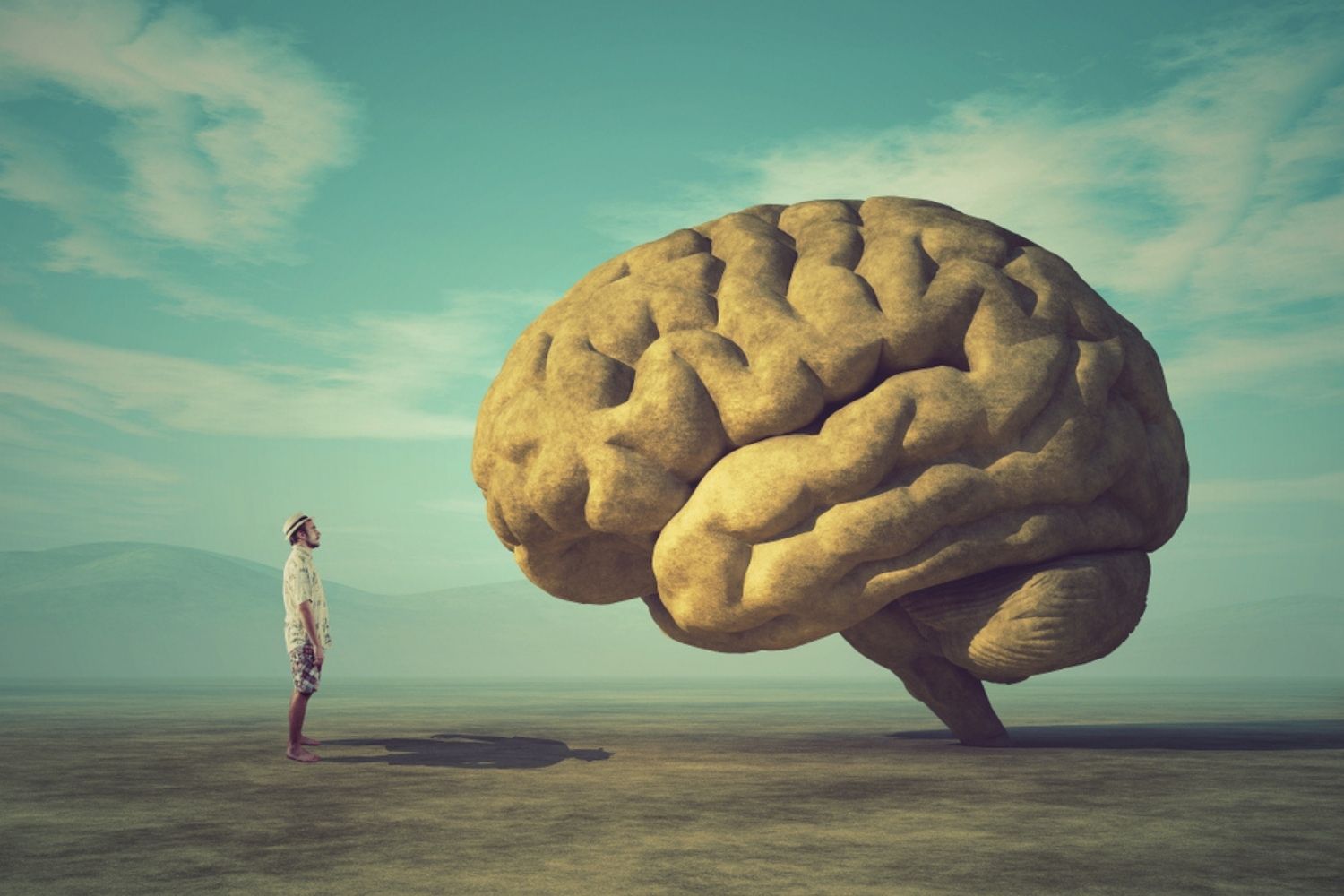
False
True
You're almost there! Which chemical element has the symbol Bi?
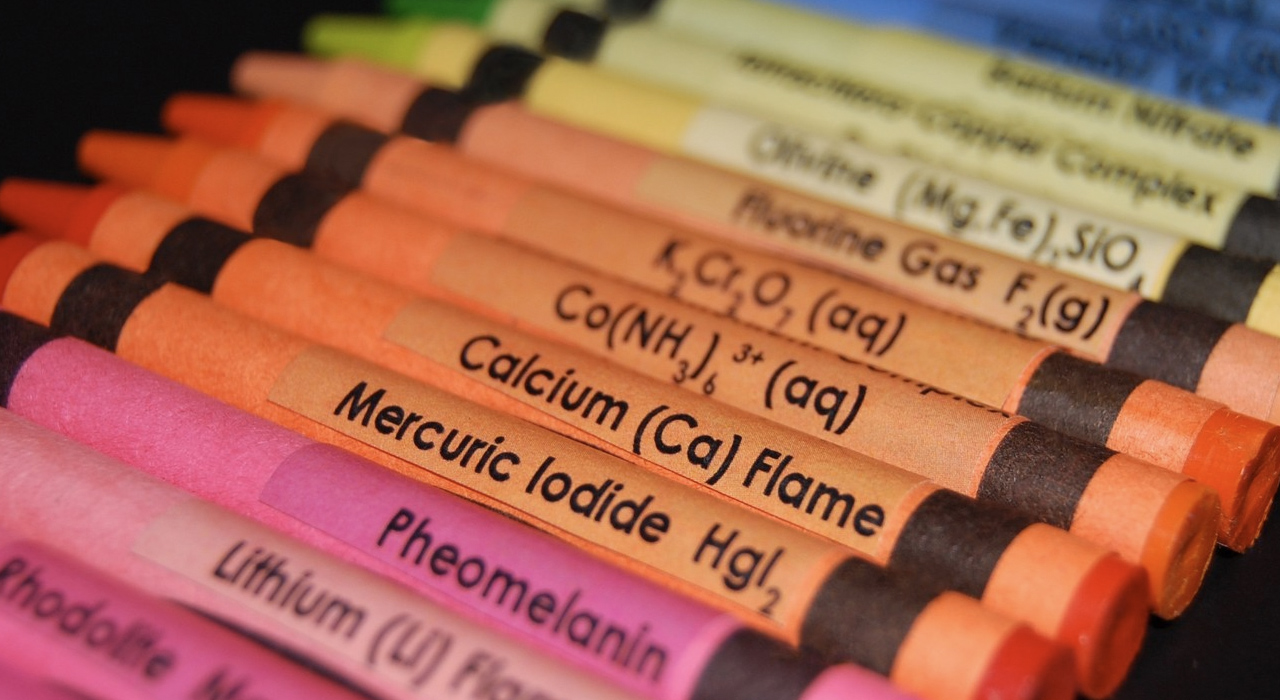
Bismuth
Boron
Beryllium
Bohrium
Well here's the final one: which group of elements has the lowest ionization energy?
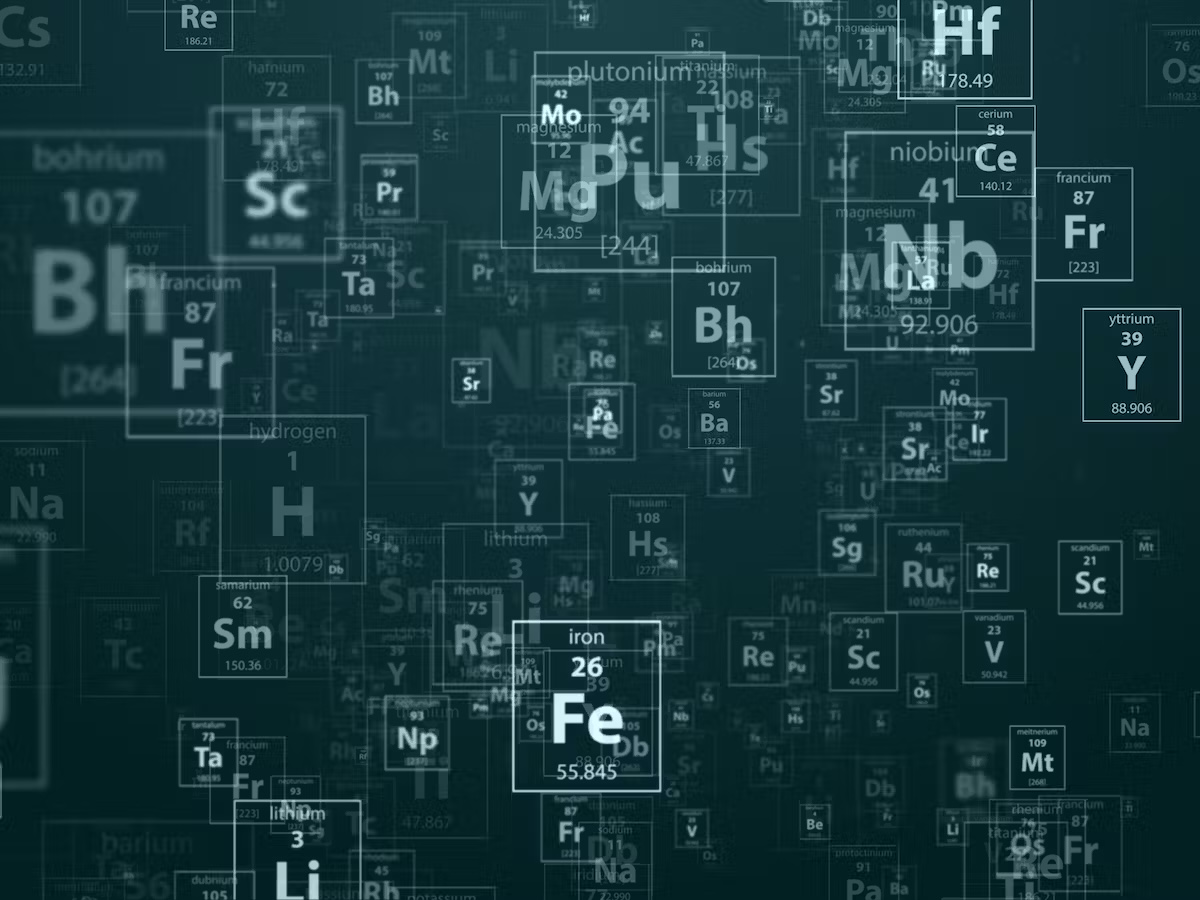
Alkali metals
Noble gases
Non-metals
Halogens



